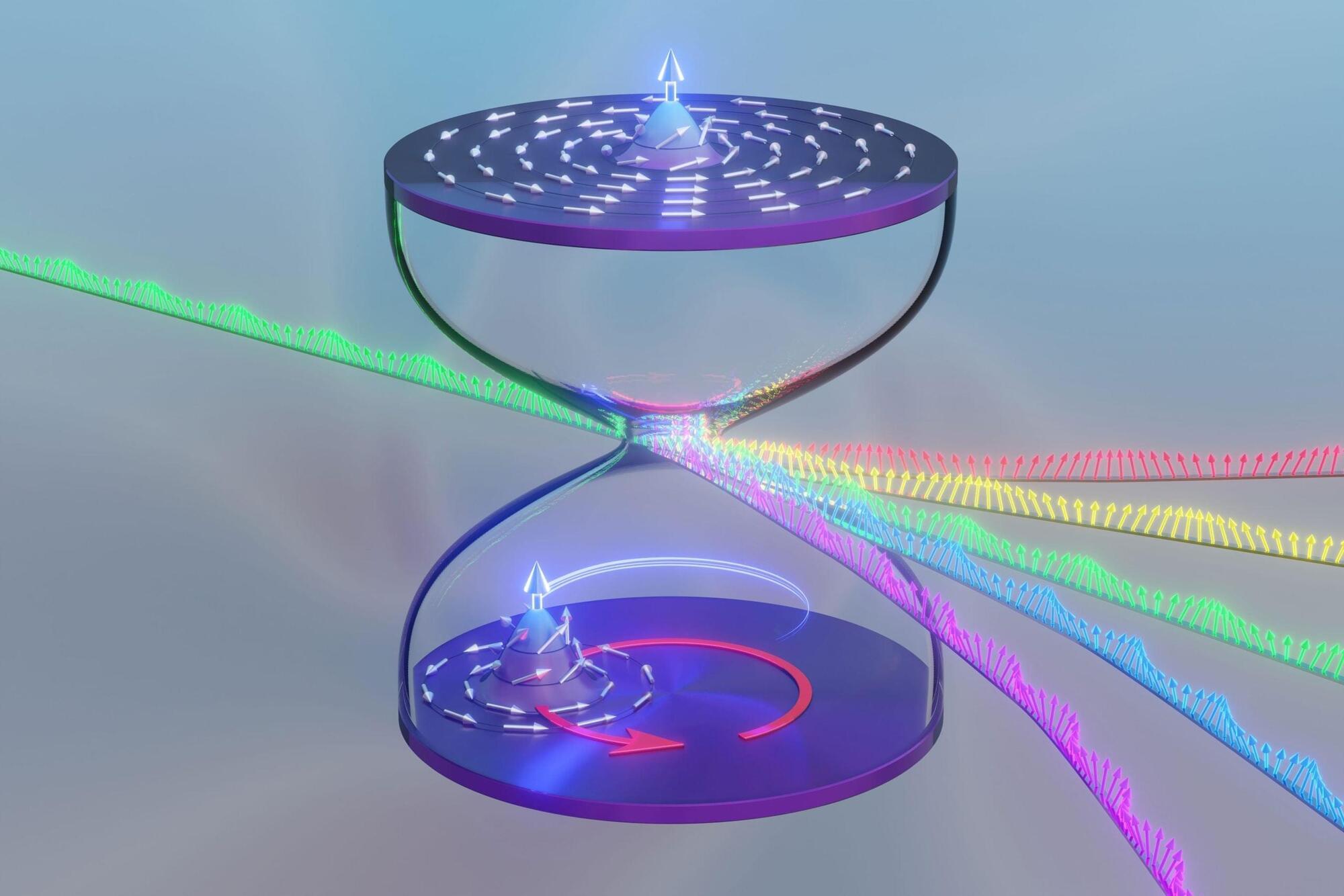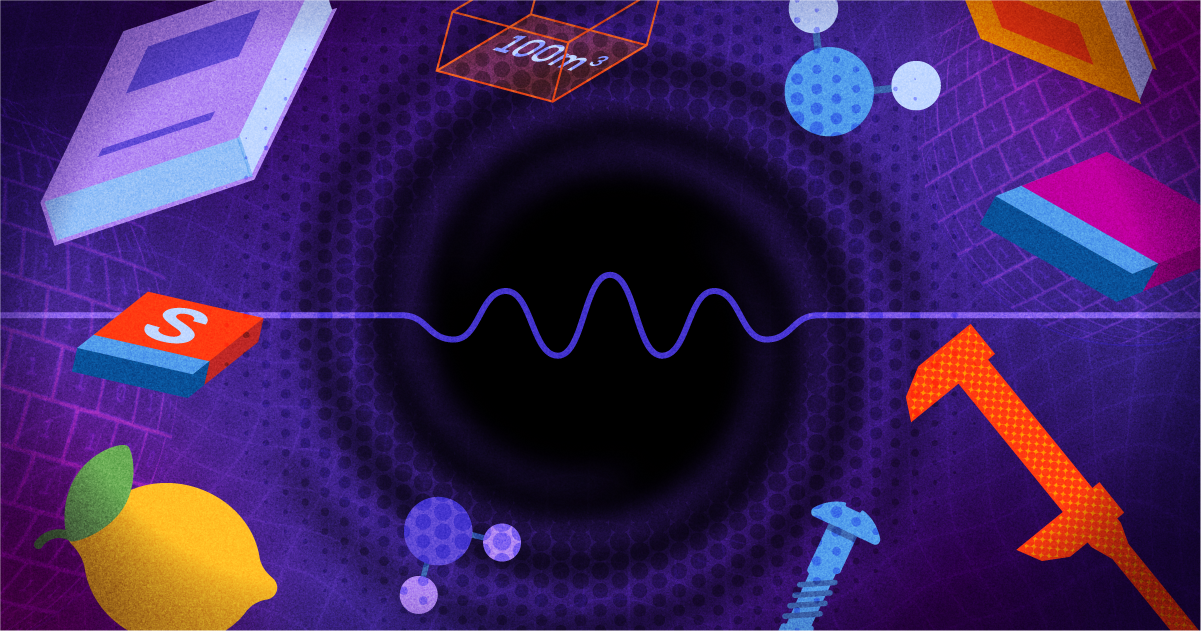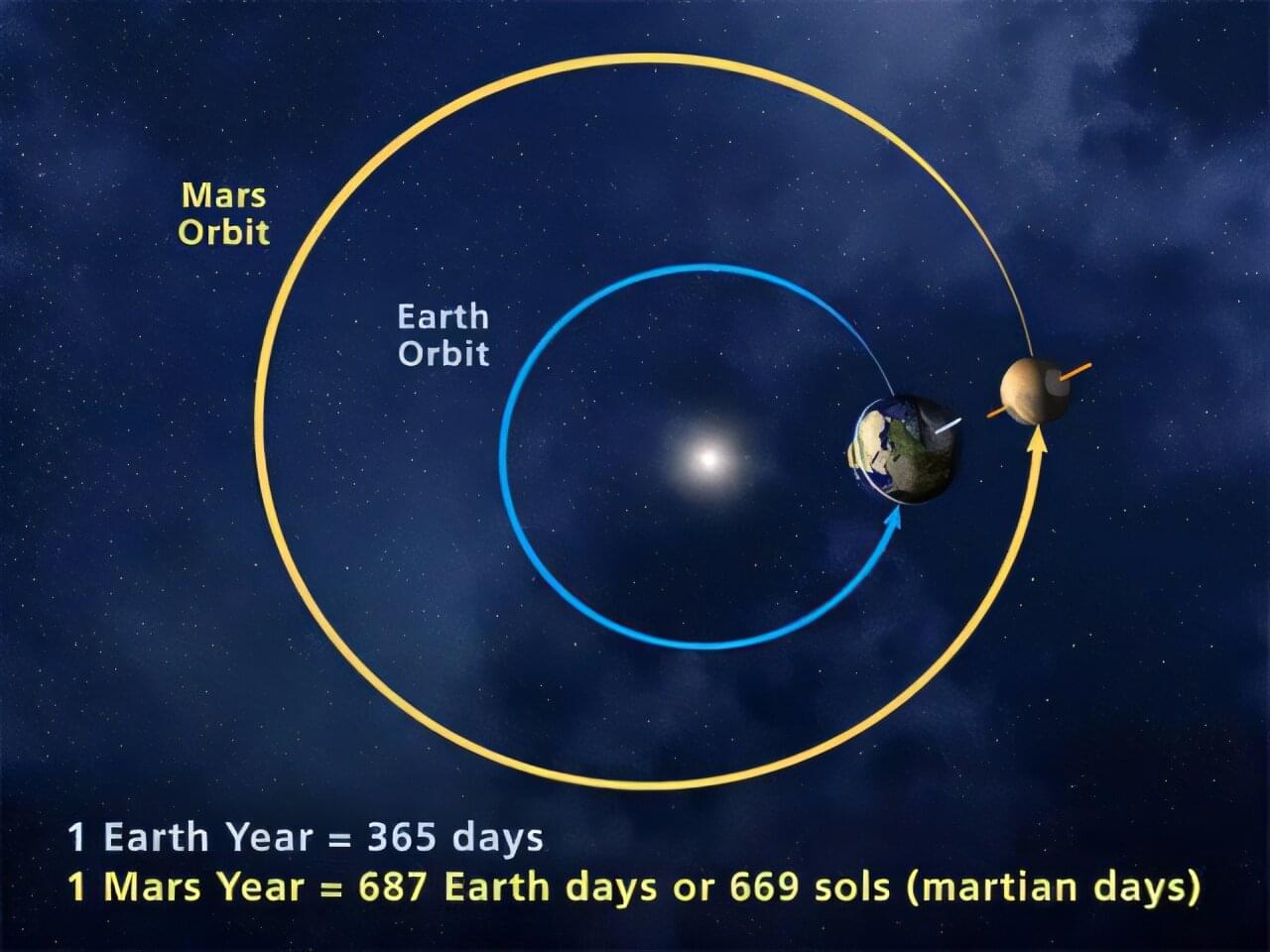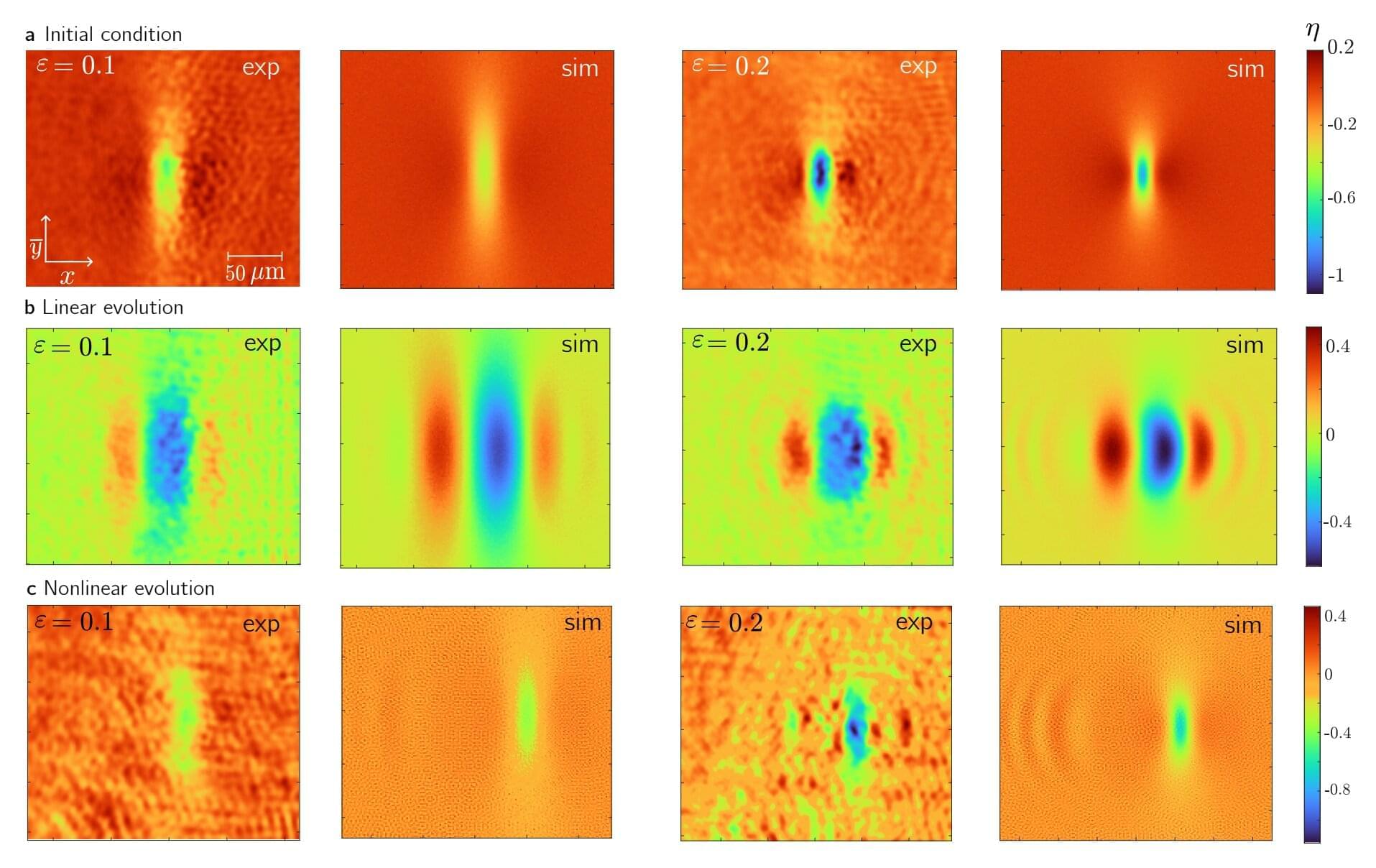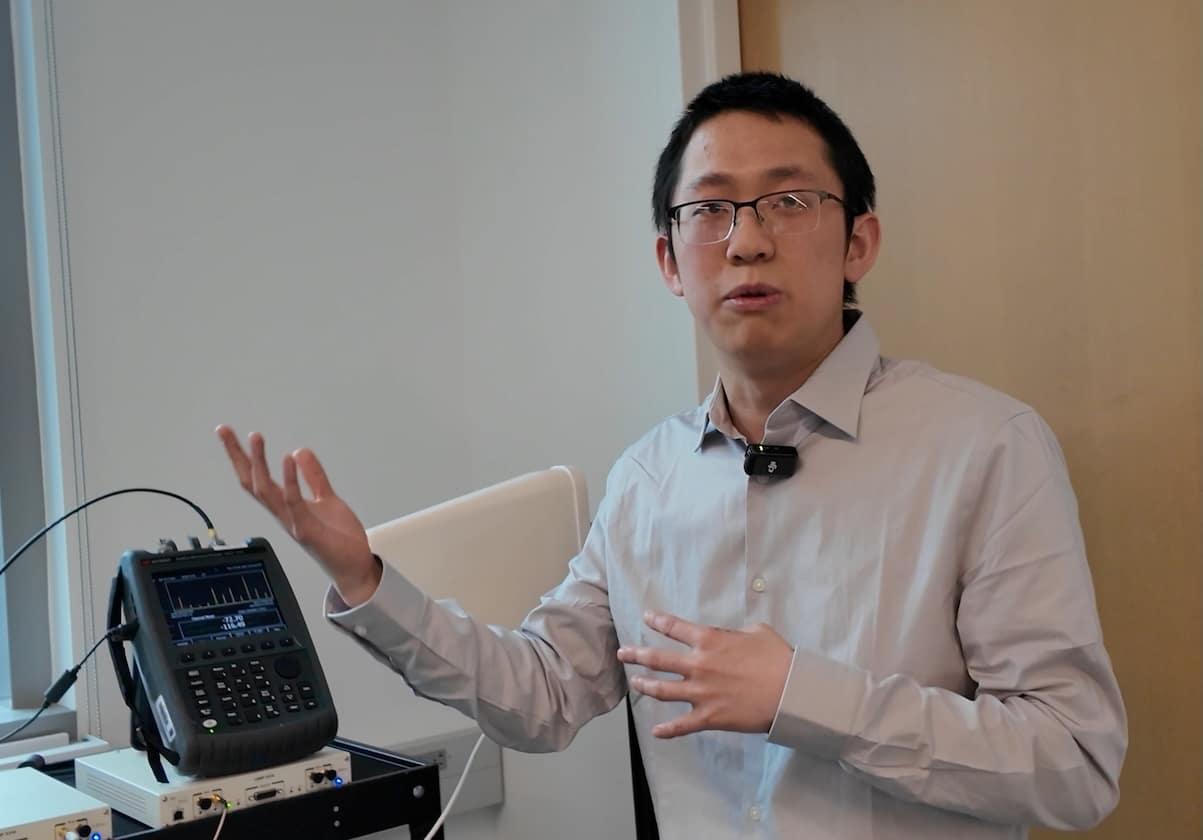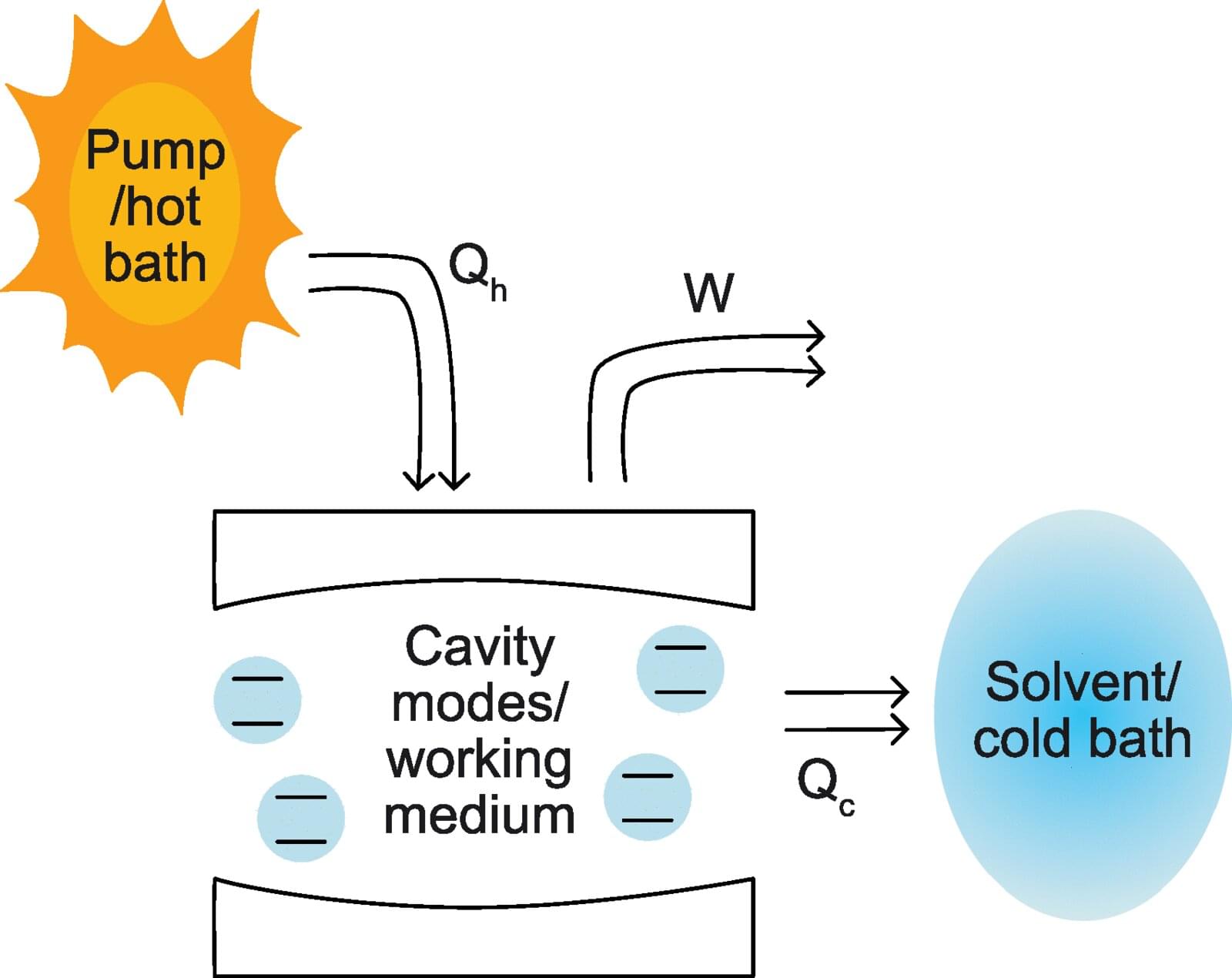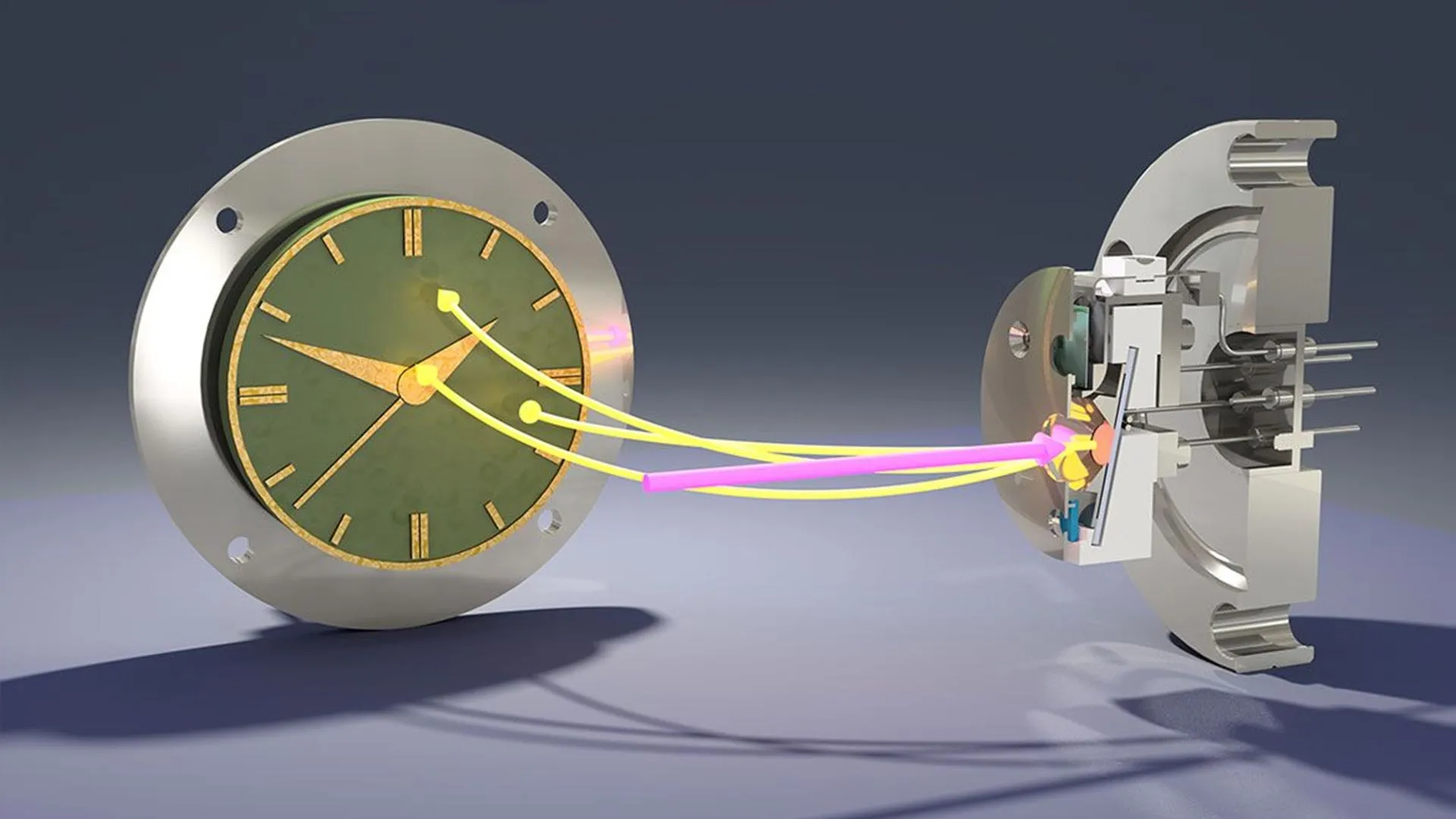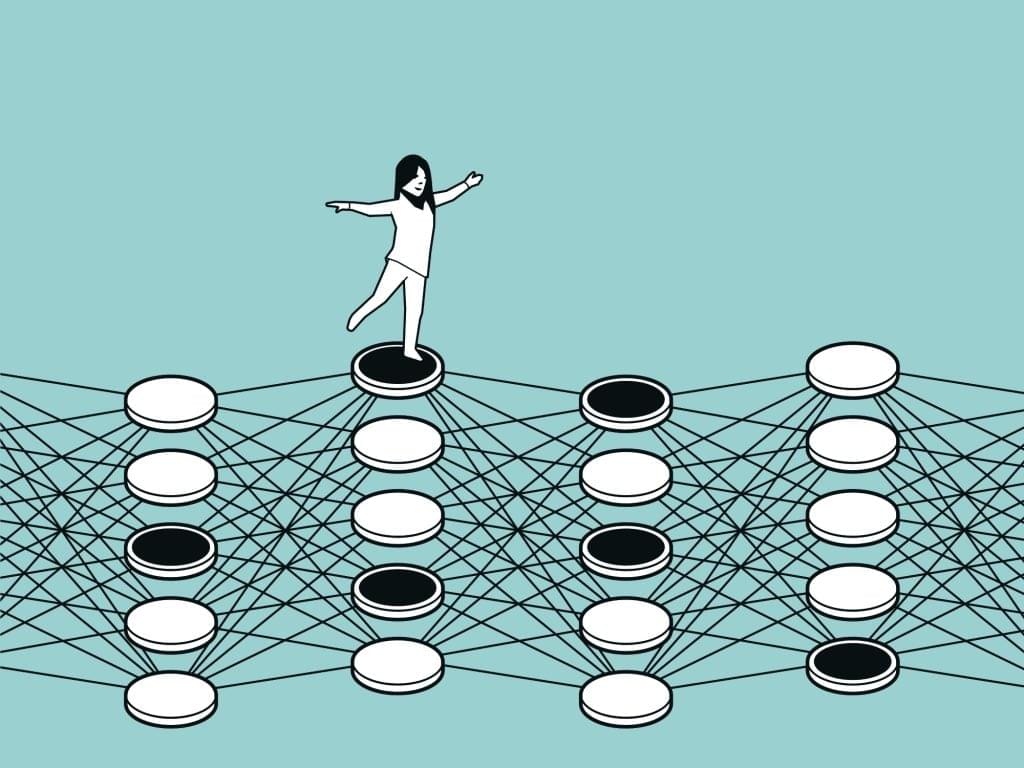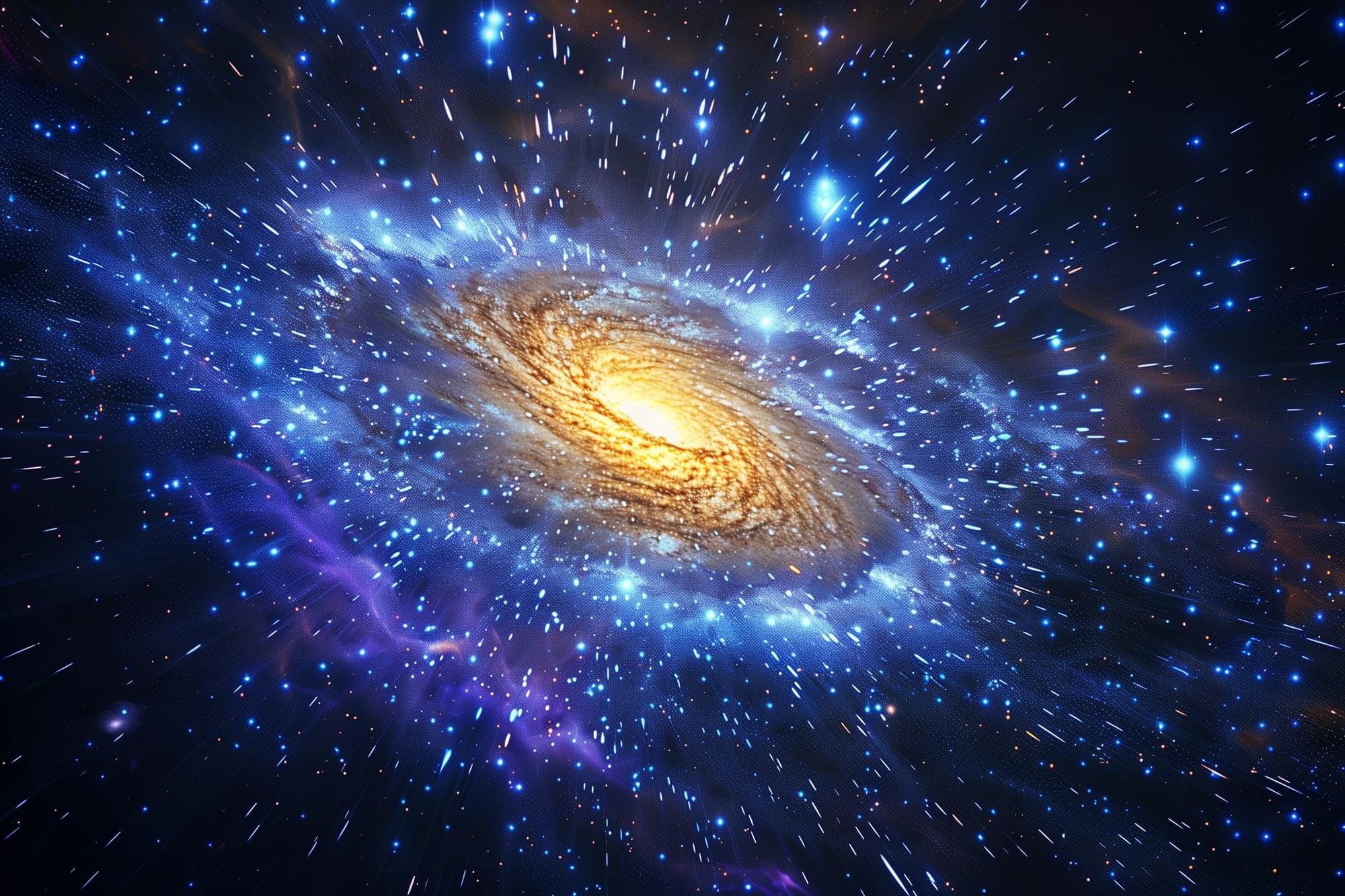Thanks to their work from the 1980s and onward, John Hopfield and Geoffrey Hinton have helped lay the foundation for the machine learning revolution that started around 2010.
The development we are now witnessing has been made possible through access to the vast amounts of data that can be used to train networks, and through the enormous increase in computing power. Today’s artificial neural networks are often enormous and constructed from many layers. These are called deep neural networks and the way they are trained is called deep learning.
A quick glance at Hopfield’s article on associative memory, from 1982, provides some perspective on this development. In it, he used a network with 30 nodes. If all the nodes are connected to each other, there are 435 connections. The nodes have their values, the connections have different strengths and, in total, there are fewer than 500 parameters to keep track of. He also tried a network with 100 nodes, but this was too complicated, given the computer he was using at the time. We can compare this to the large language models of today, which are built as networks that can contain more than one trillion parameters (one million millions).
